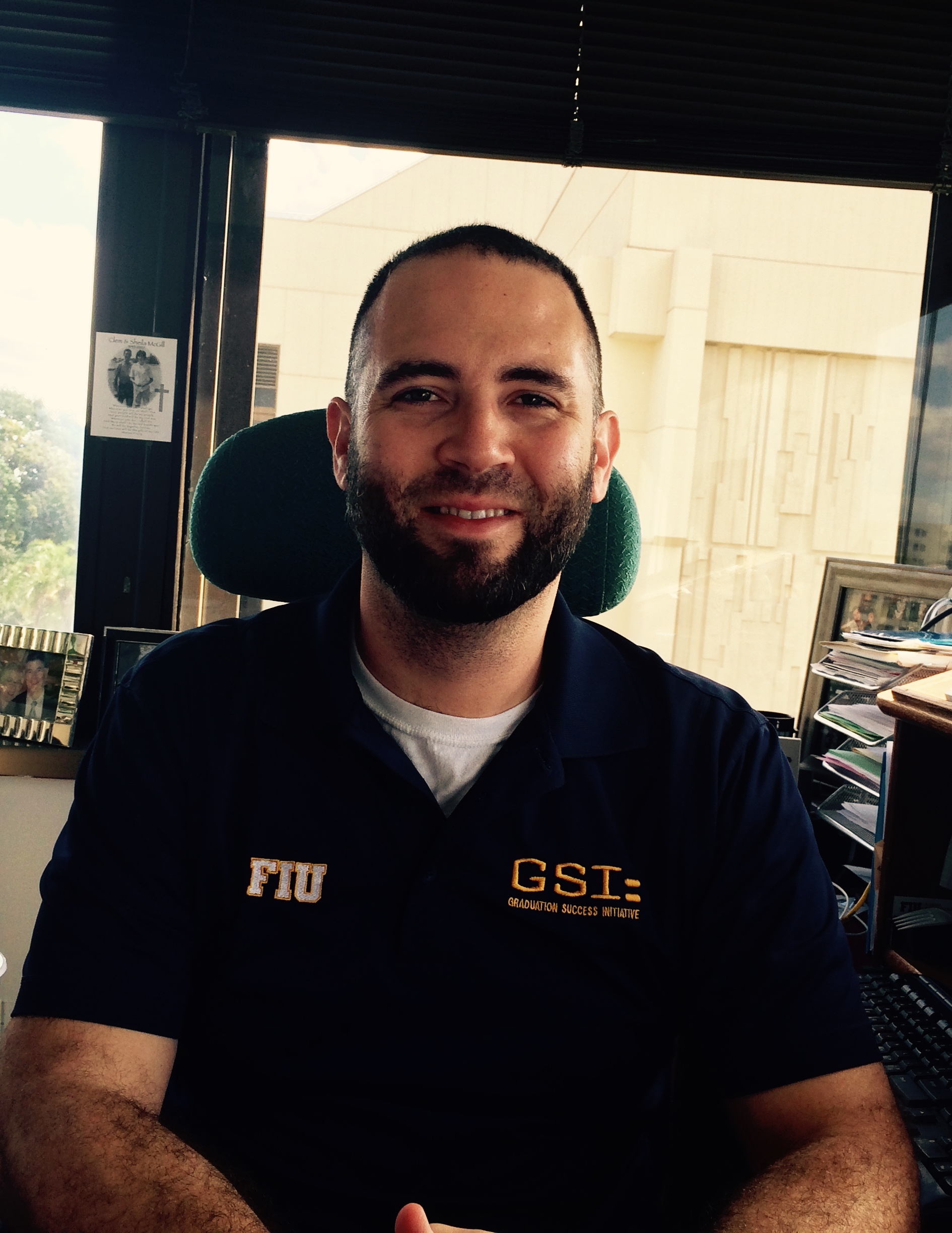
Craig McGill is English department advisor, film studies professor, and advises the Film Club at FIU. A graduate of the University of Nebraska-Lincoln, he has published on Disney and Sweeny Todd. We talked about movie scores, his Queer Cinema course, and how the musical saved Disney.
How did you first get involved in Film in general?
I did my undergraduate and first Master’s degree at the University of Nebraska-Lincoln (UNL). One of my majors was in film studies there. I had pretty interesting courses there. I became the advisor of the film club the first summer I arrived [at FIU]. The president of the Film Club, Robert Colom, approached me. We established a good working relationship and I’ve been the advisor for the Film Club ever since.
I got to know and establish a great friendship with Barbara Weitz, who was the director of the Film program here before Dr. Strycharski. One of the things she initially discussed with me was the desire to create a course in Queer Cinema. The first semester I was actually here reading everything I could on Queer Cinema. At the time, we were going to write a course proposal and nothing happened. Then, a year and a half ago I came back to it. Once Barbara retired, I met with Andrew Strycharski, who was now the director of Film Studies at FIU, about this idea of Queer Cinema. He really encouraged me to think about developing a class. We worked together to create the course. Summer of 2015, we co-taught queer Cinema together as both an undergraduate and graduate course in English and in Women’s studies. This summer I taught it solo.
I saw that you did a lot of research on music in films, what are some of your favorite soundtracks?
When I was a graduate student in music theory, initially I was hoping to do my master’s thesis on Thomas Newman. Thomas Newman has written some really interesting scores: American Beauty, Little Children, Scent of a Woman, among other terrific scores. He has a very distinct style. The thing about film scores is that while they are readily available on recording, the sheet music is not readily available. At the end of the day, I wasn’t able to do my study on Thomas Newman. Instead, I went to Stephen Sondheim, who is an American Music Theatre composer. Thomas Newman, I say, is probably one of the best composers who writes music for films today. Hans Zimmer, of course, is great too and there is a host of others. Film scoring is something I wish I had more time to think about and do work on because I think music in the film is really important. It really contributes a lot to the emotional and intellectual experience of viewing a film.
What about Sondheim’s music interested you?
Sondheim—as both a composer and a lyricist–thinks very cinematically. His interest in film affects his stage work, that’s one of the things I wrote in my Master’s thesis and proceeded to publish three academic articles on Sweeney Todd. My Master’s thesis looked at two things: the first is when Sondheim was thinking about Sweeney Todd as this horror story, the music he had in mind was the music of Bernard Hermann, who wrote the scores for the Hitchcock films. There is this set of notes that Hitchcock uses all the time, it is the opening chords of Psycho and it is also the opening chords of Vertigo. Hermann used these set of notes in almost all of his scores. So, Sondheim took that and used it throughout Sweeney Todd. That is the first aspect of the thesis; the second one is that Sondheim was thinking cinematically when he wrote Sweeney Todd. There are cinematic elements throughout the score, he uses montage and voiceover.
I saw that you did research on Disney movies. What was that about?
What I just started working on is the Disney animated revival, a period of rebirth for the studio and the animated film as a genre. It was in the late 80s and 90s because Disney was on the decline in the 1970s and early 1980s and about to be bankrupt. However, The Little Mermaid really saved them, commercially and artistically. The reason The Little Mermaid was so successful is that they got people from Broadway and they structured it like a Broadway Musical, they upped the form. I had done some work looking at these as Broadway musicals, which they essentially are. That is the second intersection of musical theater and film I have been looking at.
What advice would you give someone who wants to work in film?
Make connections. If you can get internships, get them. Work hard, study hard and keep at it. I think watching a lot of films and reading a lot about films are pretty important. You have to know film history; I don’t think watching films from this decade or even the last two decades is sufficient. I think you have to go back and watch films throughout history from the late 18th century and from the beginning, early 20th century. You should study how the form developed.
Article by: Emiko Perea

Emiko is interning in FIU Film Studies, Fall 2016. She majoring in English Literature with a minor in Asian Studies. She will be graduating December 2016.
